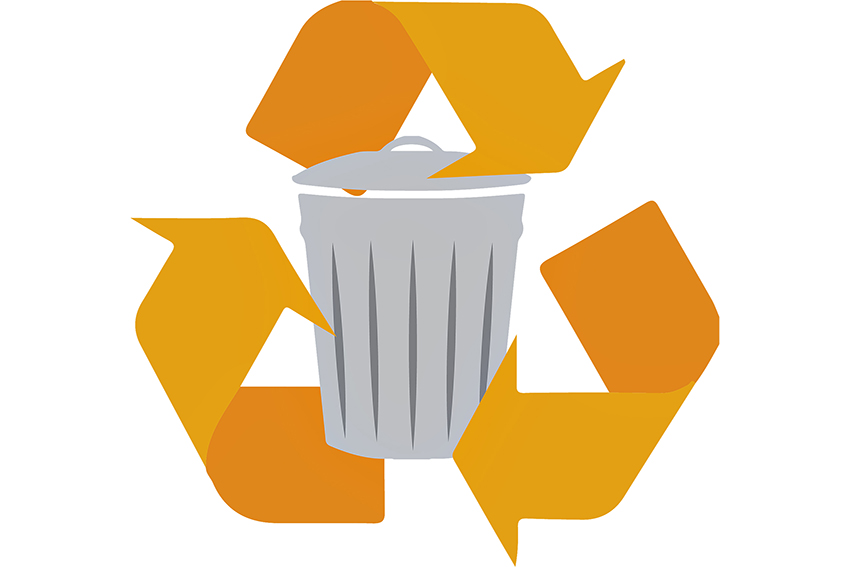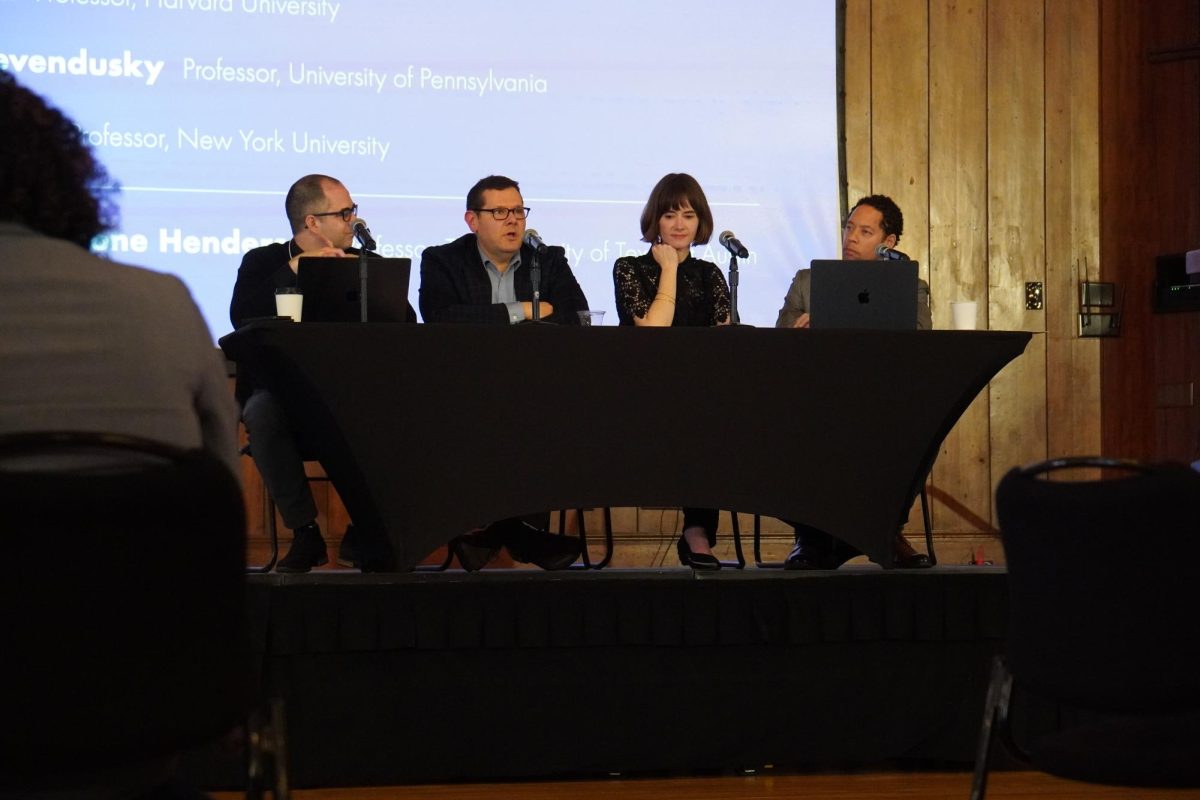UT is struggling to improve waste reduction on campus and has less than three years left to achieve the Zero Waste goal to divert 90 percent of the University’s trash away from landfills by 2020.
The campus-wide waste diversion rate currently lies between 50 and 60 percent. When the Zero Waste goal was set in 2012, the rate was around 35 percent, according to a 2014 report.
The diversion could be raised if students knew how to properly recycle, said Neil Kaufman, sustainability coordinator for the Division of Housing and Food Service. A large portion of waste is produced because students are either not recycling or recycling incorrectly, Kaufman said.
“Counting on students to really sort their waste is kind of our best way to achieving our Zero Waste goals,” Kaufman said. “We have so many students on campus and … when they sort their waste correctly, that really goes a long way.”
Incorrect recycling costs UT a substantial amount of money every year in contamination fees, Kaufman said. When UT takes contaminated deliveries — two to four-ton loads with non-recyclable items or food waste contamination — to the recycling facility, the facility charges $465 plus an additional $105 per ton. Information on how much the University pays each year on contaminated loads was not immediately available.
“It’s pretty expensive, but it’s also wasteful,” Kaufman said. “When the load reaches what they say is 20 percent contamination, they just throw the whole thing away.”
The Division of Housing and Food Service, the department that manages UT’s dining and residence halls, has an even lower diversion rate of 40 percent, just 9 percent higher than was reported five years ago at the start of the Zero Waste program. To improve on that number, the department will attempt to work with students on recycling communications, Kaufman said.
Campus-wide recycling education initiatives may also be in the works, said UT’s Zero Waste coordinator Jennifer Hobson.
“Much of what is in the trash across campus is actually recyclable,” Hobson said in an email. “We hope to work on education to get more of those recyclables out of the trash.”
Janna Newman, environmental science and biological sciences senior, said it is UT’s responsibility to educate students in proper recycling habits. However, she said the students also have an obligation to learn for themselves.
“The students pay for their education, they’re paying for the University and, essentially, the University is paying in return for people being ignorant and not knowing how to recycle,” said Newman, a Green Events Project team leader for the Campus Environmental Center. “So in a way, you’re paying for your own ignorance.”
Newman said when she covers events for the environmental center, she often notices that students either do not know or do not care about proper recycling. She said the environmental problems accompanying waste issues are often overlooked, but focusing on recycling can help to alleviate them.
“It really is in the hands of individual people and lifestyle changes in order (to) enact a lot of progressive, positive environmental change,” Newman said. “I think that especially for a student body that is as intelligent and connected as ours is, I think that we have a lot of power.”





















